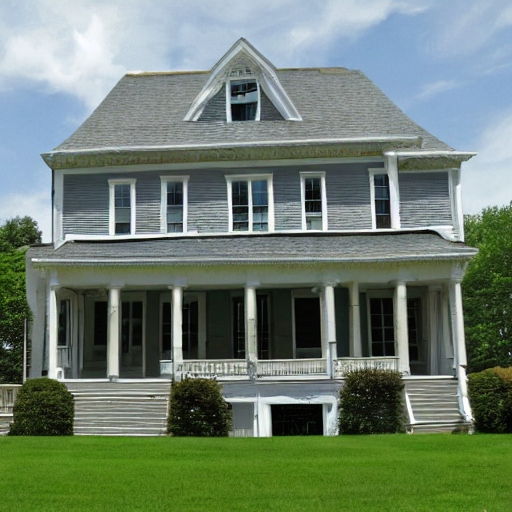
The real estate market in Massachusetts, like many other regions, has experienced its share of ebbs and flows. From the bustling cityscape of Boston to the quaint suburban neighborhoods and picturesque coastal towns, Massachusetts offers a diverse range of properties. As we delve into the current state of the real estate market in the Bay State, it’s evident that various factors are shaping buying and selling trends. Let’s explore some insights and trends influencing the Massachusetts real estate landscape.
- Supply and Demand Dynamics: One of the defining features of the current Massachusetts real estate market is the imbalance between supply and demand. With a growing population and limited available land for development, the demand for housing continues to outpace supply, particularly in desirable urban and suburban areas. This scenario has led to fierce competition among buyers, often resulting in bidding wars and higher property prices.
- Rising Property Prices: The relentless demand for homes in Massachusetts has propelled property prices to new heights. According to recent data, median home prices across the state have seen steady appreciation, making homeownership increasingly unattainable for many prospective buyers, particularly first-time homebuyers. While this trend benefits sellers, it presents challenges for buyers seeking affordable housing options.
- Impact of Remote Work: The emergence of remote work culture in response to the COVID-19 pandemic has reshaped the preferences of homebuyers. Many individuals and families are prioritizing properties that offer ample space for home offices and outdoor amenities. This shift has fueled demand for suburban and rural properties, where spacious homes and expansive yards are more prevalent. Additionally, the flexibility of remote work has allowed some buyers to explore areas outside of traditional commuting distances, contributing to the diversification of housing markets across Massachusetts.
- Inventory Constraints: Despite the robust demand for housing, the Massachusetts real estate market faces significant inventory constraints. Low housing inventory levels have persisted, constraining options for buyers and intensifying competition among prospective homeowners. Factors such as limited new construction, reluctance among existing homeowners to sell, and regulatory barriers to development contribute to the persistent inventory shortage.
- Interest Rates and Affordability: The prevailing low-interest-rate environment has bolstered homebuying activity in Massachusetts, as historically low mortgage rates have enhanced affordability for buyers. However, the combination of rising property prices and limited inventory poses affordability challenges, particularly for entry-level buyers and middle-income households. As interest rates gradually rise and housing prices continue to appreciate, maintaining affordability remains a key concern for policymakers and housing advocates.
Conclusion: In conclusion, the Massachusetts real estate market presents a dynamic landscape characterized by strong demand, limited inventory, and rising property prices. While sellers benefit from favorable market conditions, buyers face challenges in securing suitable properties amidst intense competition and affordability constraints. Navigating the complexities of the current real estate market requires a comprehensive understanding of local trends, strategic planning, and adaptability to evolving market dynamics. Whether you’re a prospective buyer, seller, or investor, staying informed about the latest developments and seeking guidance from knowledgeable real estate professionals are essential steps in achieving your housing goals in Massachusetts.
If you or someone your know can use professional help navigating the current real estate market, contact Mike Dell’Ovo at 508.769.0957.
